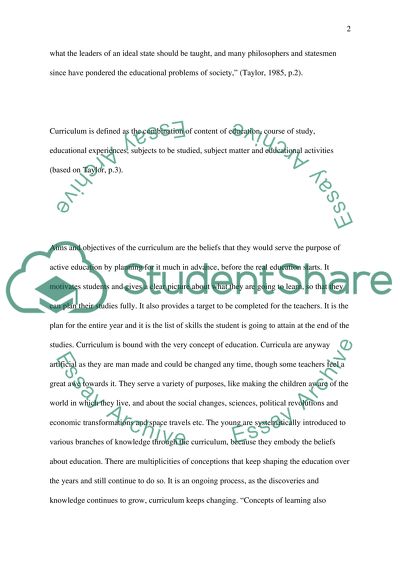Cite this document
(“Curriculum Essay Example | Topics and Well Written Essays - 4000 words”, n.d.)
Retrieved from https://studentshare.org/education/1503617-curriculum
Retrieved from https://studentshare.org/education/1503617-curriculum
(Curriculum Essay Example | Topics and Well Written Essays - 4000 Words)
https://studentshare.org/education/1503617-curriculum.
https://studentshare.org/education/1503617-curriculum.
“Curriculum Essay Example | Topics and Well Written Essays - 4000 Words”, n.d. https://studentshare.org/education/1503617-curriculum.


